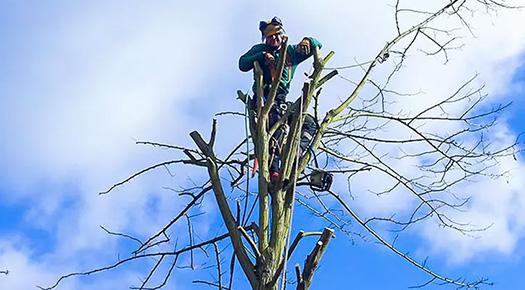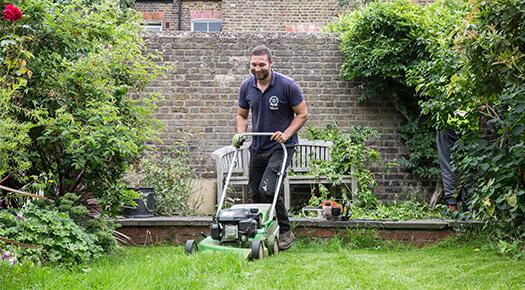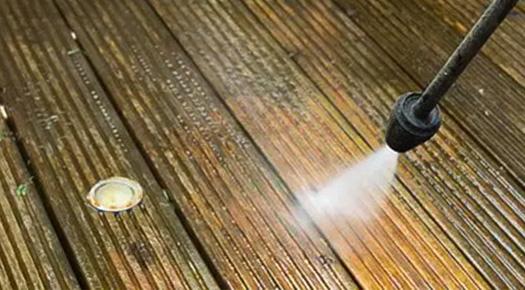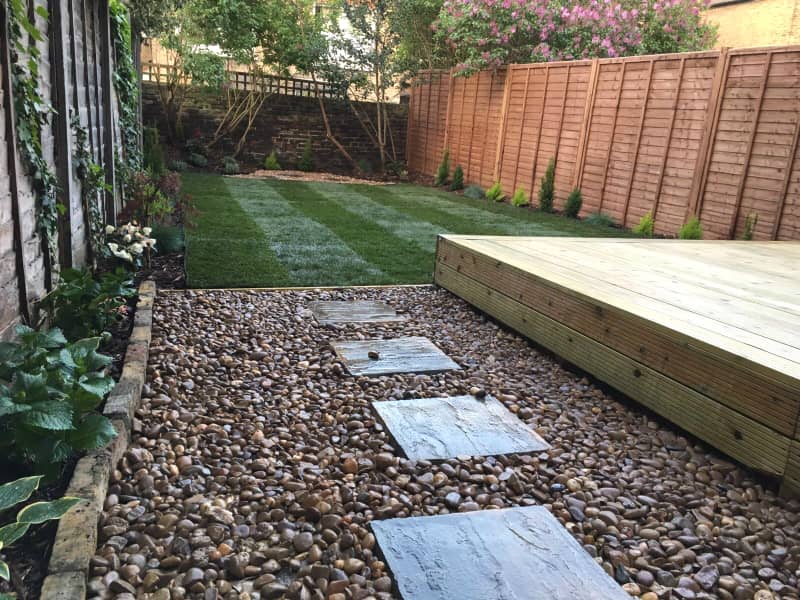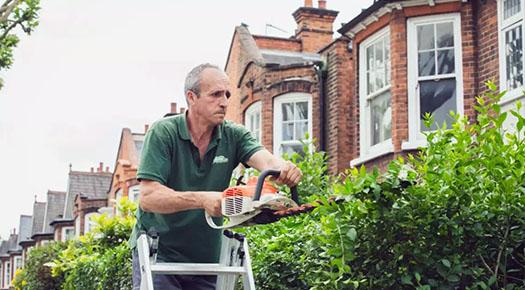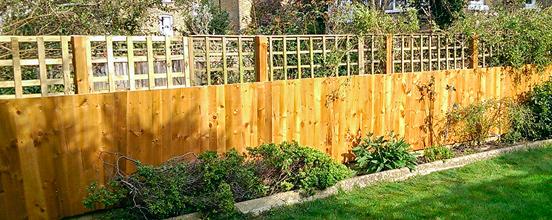How Does the Japanese Knotweed Service Usually Go?
Fantastic Gardeners has partnered with a certified contractor and accredited invasive plants removal company, which has been deemed the best knotweed eradication service provider in the UK for 2017. Our partner works with NTPC-qualified and fully experienced technicians who are certified to employ professional-grade products and effective methods that have been approved by the Environmental Agency and SEPA.
Here’s what the knotweed identification process involves and what you can expect from the service:
- Request an on-site inspection - Book online or call us and we will arrange your free on-site survey with a knotweed removal expert.
- Meet the professional - The gardener will inspect carefully your property and confirm whether the invasive plant is present and to what extent it has spread.
- Confirm your decision - If you decide to work further with us, the expert will send you a survey report, a 5-to-15-years knotweed eradication plan, and a quote. The fee for the report will be subsequently deducted from your price quotation, should you proceed with the plan and treatment.
- The knotweed removal plan is applied - You’ll be invoiced and the first treatment session will take place on a day of your convenience.
Japanese Knotweed Removal Methods We Use
Depending on the scale of the issue and other factors, a range of knotweed control and removal methods can be applied:
- Herbicidal treatment - The method is very much used on large sites that suffer from an extensive knotweed invasion. The treatment may take up to 24 months so that complete eradication is achieved.
- Stem injection - A highly effective targeted treatment, suitable for application in environmentally sensitive areas.
- Excavation - The technique is used on active building sites, where once identified, the plants are excavated and treated on-site in a designated area, relocated on-site and buried in a sealed plastic membrane or they are disposed of in a licensed landfill.
- Root barriers - The knotweed root barrier installation is a preventative measure only, designed to stop the plant from spreading into a neighbouring property, for instance.
- Sifting and screening - The method is designed to reduce the cost of removing and burying a large quantity of contaminated soil prior to building work, for example. The top layer of the soil is sifted and screened for the presence of knotweed. The process takes no more than a couple of days.
Frequently asked questions

Have a specific gardening or plant-related question?
If so, click on “Ask now”, submit your question, attach the appropriate images and press send. Your question will be forwarded to one of our Fantastic Gardeners who will get back to you with an answer ASAP.

